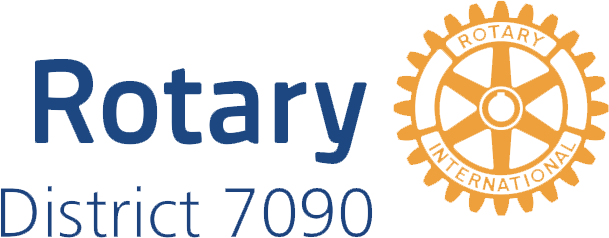| ||
| ||
The discussion at the time was that with the rise in demand for food banks this was only intended to be a short-term fix, not an institution, while other elements like adequate housing and training programs kicked in. I was hired to figure out how we could improve our ability to help, find strategies to stem the tide, and over time divert people out of the food lines to other programs that would lead to self-sufficiency (aka - a job). In uncovering the gaps and opportunities I set out on this little project – Start 103 – by interviewing our partners, stakeholders, and most of all the needy. I found that some people would make the trek to Stop 103 for food, but arrive on times and days when we were closed. Time over time you have no idea how gutting it was to see these people spend two transit tokens for nothing. And so, one early task of Start 103 was to map out where all the soup kitchens and food banks were, the times they were open, etc., and provide this in a brochure. While appreciated by the other partners in follow up I found that many of the people who were using Stop 103 couldn’t read so our piece of paper was essentially useless. And it gave an advantage to clients who could read and not the neediest. While we were aware of the basic literacy challenge, we now were able to firm up some numbers to clarify the issue for us and our partners: if people couldn’t read, how could they learn a skill, and then get and keep a job, and then have the will power and even temerity to do this over again if needed? All under a welfare system that made people dispose of assets before they could get any help. I remember Nancy pulling me aside and making it brutally clear to me that I would only be able to help some, but not those that were the most severely challenged – those who were homeless or with addiction issues. While we were giving groceries away day after day I began to realize that the other front in this war on poverty was the need for change of the embedded structural, systemic machinery.
Long story short, Nancy’s very brief remark spurred me on. We started in on literacy programs, microlending before it was called microlending, and started skill development partnerships, especially with worker co-ops and those subsidized training programs where one didn’t need to read to learn and yet develop this essential skill over time to earn. Fast forward a few decades and we seem to be dealing with the same structural challenges. As Rotarians we have an opportunity to choose to inquire about the state of basic education and literacy programs in our community through our meeting speakers. A step beyond that would be to reach out to listen and continue to develop conversations with agencies who are working on the front line. A good-sized Rotary challenge would be to help convene a larger conversation on the current issues, especially given the changes in the housing market and inflation, on what we can do to help those among us in need. I am sure that basic education and literacy issues are a common thread.
